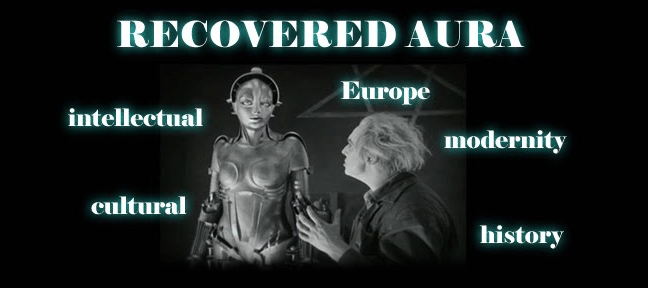Reading Questions on Freud, Five Lectures on Psycho-Analysis
Note: make sure to look up words you're not familiar with...like, say, "pathogenetic," or "somatic innervations," etc...
1. What is Repression? How, according to Freud, does it work, and why do we (or our minds) do it?
2. How does Freud characterize the human mind, and each human individual personality overall? Is it a single, stable thing, or the site of complex conflict among multiple forces? Why might his overall vision of the mind been significant at the time (circa 1900)? Is this vision related to any other important thinkers we've dealt with?
3. Why are dreams of interest to Freud? Explain his theory of why they are useful. Is this convincing?
4. In some sense, his theory of psycho-analysis represents a broad critique of civilization. What is this critique? That is, simply put, what does civilization do to us, and what's wrong with that? Does Freud suggest a solution to the problem? (See especially pp. 37, 43, 60-61)
5. Does Freud seem to want above all to understand the normal human mind, or to cure the sick (neurotic, hysterical, etc) mind? If you think he wanted to do both, explain what the connection was between these two projects for him.
Sunday, March 14, 2010
Subscribe to:
Post Comments (Atom)

No comments:
Post a Comment